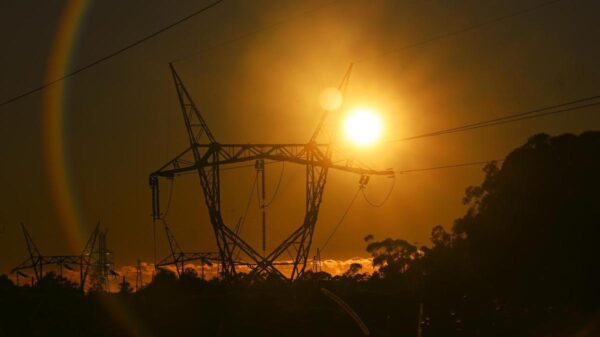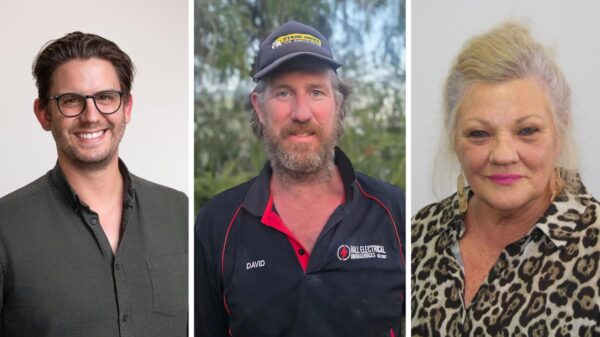HSC student Neel Erande is grappling with uncertainty as two of his preferred university courses have been cancelled before he even completed his final exams. The 17-year-old from Wattle Grove expressed deep concern about the direction of higher education in Australia, feeling that the focus has shifted away from student needs to profit motives.
Neel initially applied for an early offer for a communications and international studies degree at UTS (University of Technology Sydney). Shortly before offers were issued, he received an email notifying him that both of his chosen courses had been suspended. The situation worsened when he learned that a politics major he had hoped to pursue at Macquarie University had also been cut. As a result, he was compelled to switch to a bachelor of commerce single degree.
“This has really made me think of uni as something that is profit-led,” Neel said. “There is not as much care for students; the priority isn’t education. It’s confronting. They are businesses, they are trying to make money.”
Neel is not alone in this predicament. Many year 12 students are facing an uncertain future as universities across Australia reduce course offerings. With institutions like Wollongong University, Charles Sturt University, Western Sydney University, and Australian National University also announcing job and course cuts, students are feeling the impact of these decisions.
“I used to think I could go to any uni and study what I want, but now I am basically stuck with the Group of Eight universities because they are the only ones that haven’t cut courses,” Neel added, highlighting the narrowing options for aspiring students.
The cuts are part of a broader trend as universities seek to recover from financial losses driven by declining international student enrolments. The shift has prompted institutions to reassess their offerings, resulting in significant job reductions and course eliminations.
As Neel prepares for the completion of his HSC exams, the reality of these cuts looms large. The future for many students like him now appears more precarious, raising concerns about access to quality education and the long-term implications for their academic and professional aspirations.
With the landscape of higher education in Australia evolving rapidly, students are left to navigate a system that increasingly prioritizes financial sustainability over educational opportunities. As Neel Erande and his peers await the outcome of their final exams, they also face the daunting task of adapting to a changing university environment.


































































